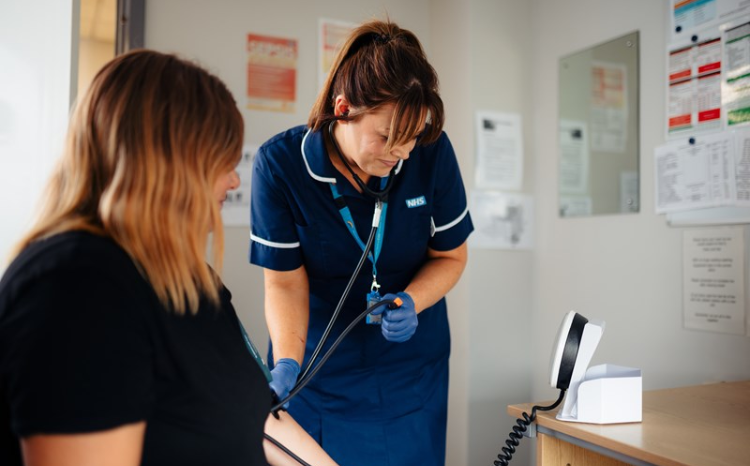United Lincolnshire upgrades Medway
- 27 April 2015

United Lincolnshire Hospitals NHS Trust will upgrade to a new version of System C’s Medway patient administration system following a series of issues with the system.
Medway was installed in June 2014 as both the trust’s PAS and clinical system for A&E.
March board papers describe the trust experiencing several problems with the new service.
“The introduction of Medway has had significant impact on the [A&E] department, causing doctors to regularly re-input data when the system ' boots out',” they say.
The new PAS also impacted the trust’s cancer service, limiting the department’s view of new two-week wait referrals entering its cancer tracking system Infoflex. This impacted upon the workload of the cancer tracking team, but has since stabilised.
“The interface between Medway and Infoflex is continuing to be closely monitored but appears to now be sending the correct patients,” say February board papers.
A United Lincolnshire spokesperson told EHI News that the issues it has experienced are, “not unusual and no different to other trusts that have replaced their PAS systems”.
“The vast majority of the initial challenges are now resolved and the trust is scaling back the additional staffing put in place during transition. Work is ongoing around optimisation and we are still in the planning phases of the next upgrade.
“Implementing the Medway PAS and A&E system is our first step towards a full EPR, which will help us to increase our clinical and operational efficiencies and help us to provide a higher quality and safer service to our patients by having a tightly integrated system. This will deliver more benefits for our patients and staff,” the spokesperson said.
United Lincolnshire decided to go with Medway to replace its legacy PAS after backing out on its original intention to deploy CSC’s Lorenzo as a full EPR in June 2013.
EHI News reported last month that Chesterfield Royal Hospital NHS Foundation Trust is also planning a “re-launch” of its Medway PAS in six to eight months, after suffering a series of post-implementation problems that caused waiting list backlogs.




